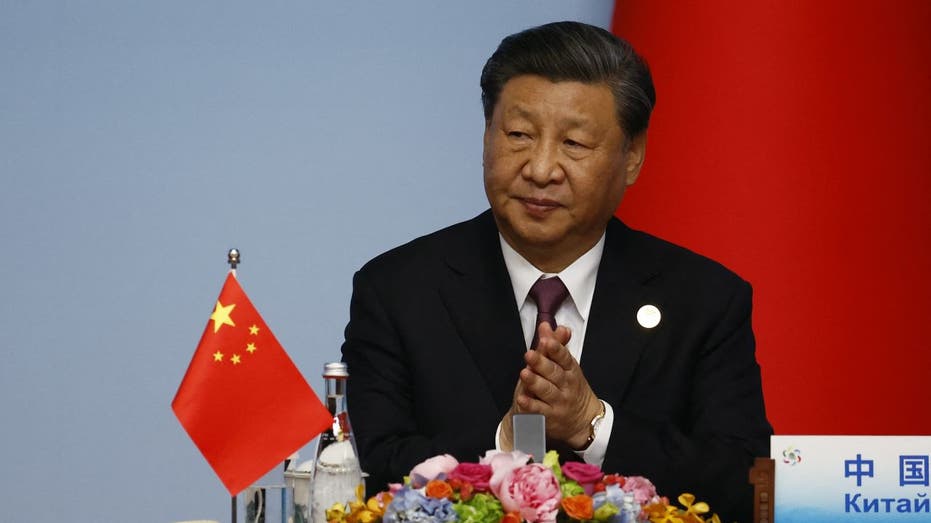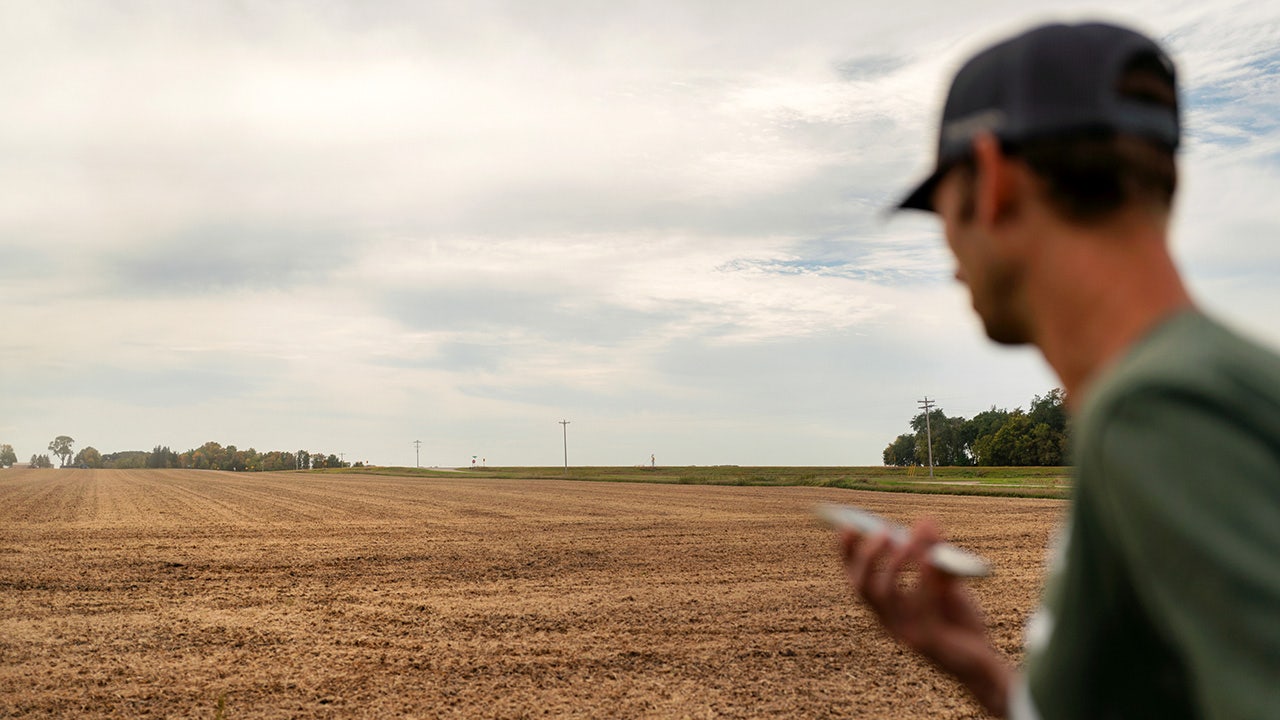The ongoing trade dispute with China has created serious headwinds for American farmers, with soybean producers having lost access to the world’s largest market for the commodity.
China halted purchases of American soybeans this spring in retaliation for the Trump administration’s tariffs, as a means of looking to gain leverage in trade talks by shifting its purchases away from U.S. producers to countries such as Brazil and Argentina. China is the world’s leading importer of soybeans, bringing in 61% of the world’s traded soybean supplies over the last five marketing years, according to data from the American Soybean Association (ASA).
The group said the U.S. has historically served as a primary supplier for China, as American soybean farmers exported an average of 28% of their crop to China before the 2018 trade war. That figure dropped to a low of 11% in the 2018-19 crop year, but recovered during the pandemic, reaching 31% in 2020-21 before declining to 22% in 2023-24.
“We rely on trade with other countries, specifically China, to buy our soybeans,” Brad Arnold, a multigenerational soybean farmer in southwestern Missouri, told FOX Business in an interview. He said that China’s halt on U.S. soybean purchases “has huge impacts on our business and our bottom line.”
TRUMP DEFENDS TARIFFS, SAYS US HAS BEEN ‘THE KING OF BEING SCREWED’ BY TRADE IMBALANCE
“There are domestic uses for soybeans, looking at renewable diesel, biodiesel specifically produced from soybeans,” Arnold said. “In the grand scheme of things, that’s such a small percentage currently, you know it’s going to take a customer like China to buy beans to make a noticeable impact. You can’t take our number one customer, shut them off and just overnight find a replacement.”
Arnold said that farmers would prefer to have access to selling their crops on the market, as opposed to potentially receiving relief from the government, explaining they “have long-term investments and commitments into land and equipment,” Arnold said. “It’s not like you can quit farming one day and then all of a sudden go do something else. There’s a huge financial commitment tied up in not only the year-to-year efforts, but the land also.”
TRUMP ANNOUNCES 25% TARIFF ON MEDIUM- AND HEAVY-DUTY TRUCKS

Arnold added that farmers need a resolution to the ongoing trade dispute to help them compete on a level playing field.
“I feel like this is a manmade or a political situation that we’re in right now. President Trump is trying to do what’s right with China and hold them accountable, and I think that’s good,” he explained. “But we can’t lose sight of the fact that, you know, we’re hurting people and hurting farmers in playing hardball.”
Scott Gerlt, chief economist for the ASA, told FOX Business in an interview that soybean farmers will be in need of trade aid soon given the timing of the harvest. He said that while older farmers who may own their land or equipment outright may not be in as much need, younger farmers who have to rent the land they farm and have operating notes are facing a lot more risk.
HOW MUCH DID TRADE WAR RELIEF COST DURING TRUMP’S FIRST TERM?
“Having dependable trading partners is better in the long run. Trade aid can get farmers through short-term, help keep them in business and get to the next year,” he said. “But the problem is, if we’re not in the markets now, that’s just a further signal to South America to keep expanding.”
Gerlt said that South American soybean producers in Argentina and Brazil are likely to take advantage of China’s demand for soybeans amid the country’s trade dispute with the U.S., which could have longer-term impacts on American farmers.
“Brazil expands nearly every year and has the capacity to keep expanding,” Gerlt said, noting that it poses a longer-term threat to the market share of U.S. farmers if American soybeans aren’t competing in the global marketplace. “The lack of a trade deal and sitting out of the market has very long-run effects.”
